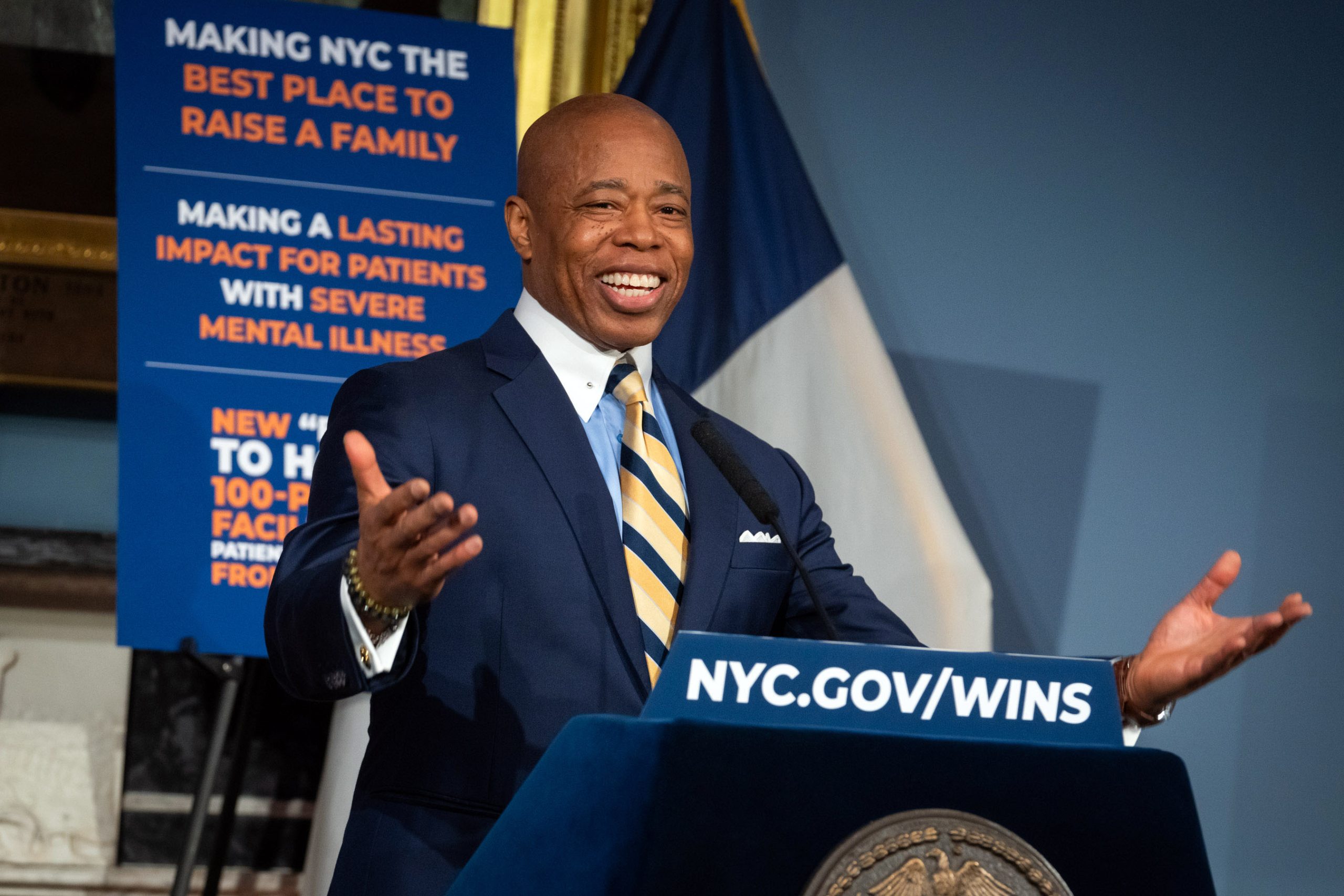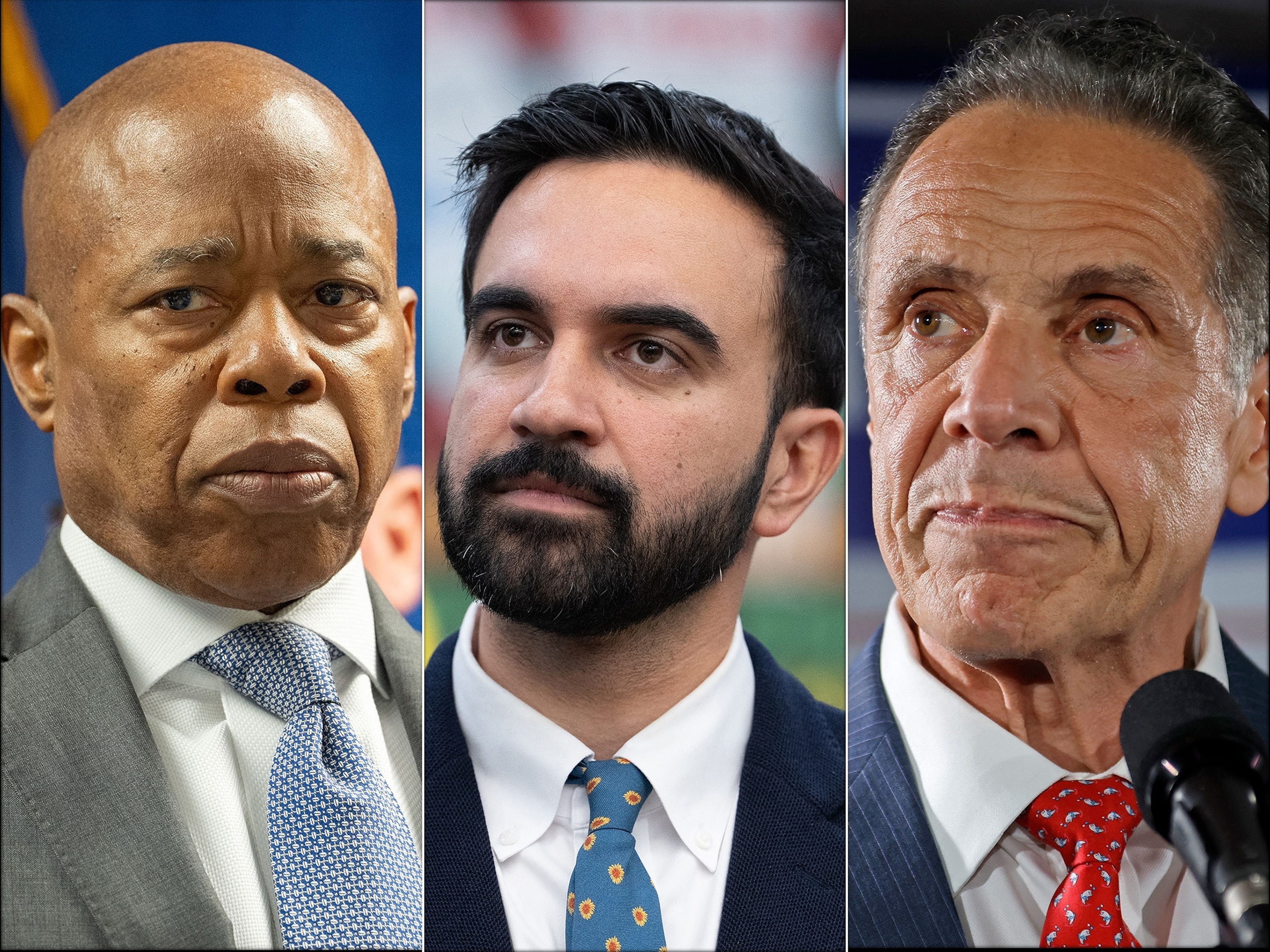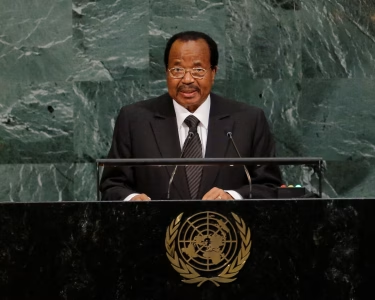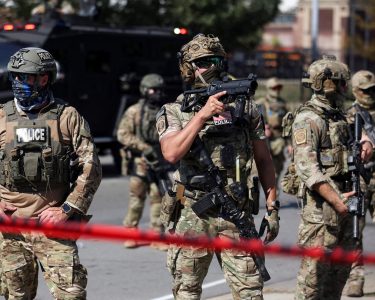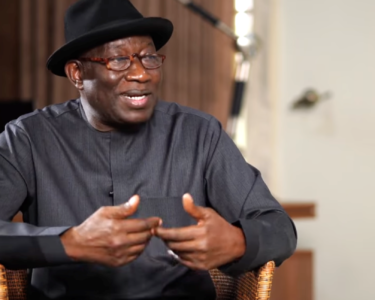New York City Mayor Eric Adams is ending his reelection bid, a move long sought by rivals of Democratic nominee Zohran Mamdani who have wanted to consolidate the opposition against him.
Adams announced his decision Sunday in a video posted to X, saying “despite all we’ve achieved, I cannot continue my reelection campaign, the constant media speculation about my future and the Campaign Finance Board’s decision to withhold millions of dollars have undermined my ability to raise the funds needed for a serious campaign.”
“This campaign was for the underserved, the marginalized, the abandoned and betrayed by government,” Adams said. “Since then, it has been my honor to be your mayor, and I’m proud to say that we took that victory four years ago and turned it into action, making this city better for those who have been failed by government.”
Adams’ exit adds another twist to a race already marked by high-profile battles and shifting alliances. Democratic nominee Zohran Mamdani, a democratic socialist, stunned political observers in June by defeating former Gov. Andrew Cuomo in the Democratic primary. Cuomo is now pursuing an independent bid.
Cuomo allies have long pushed Adams to withdraw to give himself a better chance against Mamdani in November. President Donald Trump, a native New Yorker, has also suggested the field should be narrowed, and one of his top aides, Steve Witkoff, met with Adams to discuss potential jobs in the Trump administration.
 Mayor Eric Adams appeared at a gathering outside City Hall to mark the 1,500th anniversary of the Prophet Muhammad’s birthday and billed it as an endorsement event.
Mayor Eric Adams appeared at a gathering outside City Hall to mark the 1,500th anniversary of the Prophet Muhammad’s birthday and billed it as an endorsement event.
Given Adams’ own unpopularity, it’s not clear how many votes the mayor’s withdrawal might throw to Cuomo. Adams has been running fourth in most public polls behind Mamdani, Cuomo, and Republican nominee Curtis Sliwa. And Trump’s intervention into his hometown’s politics has helped Mamdani too given the president’s unpopularity in deeply Democratic New York. Trump has also suggested that Sliwa should drop out of the race, although Sliwa has repeatedly said he has no plans to do so.
The Cuomo campaign is hoping that Adams’ decision will free up some of the Black vote, one adviser said. The campaign believes that even a small percentage could open up the race. State and national Democrats are increasingly coalescing around Mamdani in recent weeks due in part to Trump’s push to reshape the race in Cuomo’s favor. New York Governor Kathy Hochul has endorsed Mamdani as has former Vice President Kamala Harris. In recent weeks, Adams has lashed out at the media accusing the press of “undermining his campaign,” saying negative coverage about his administration had complicated his ability to raise badly needed funds.
Adams was repeatedly denied public matching funds for his re-election by the city’s Campaign Finance Board, which said the campaign had failed to provide required information about its donors. The board, which doles out taxpayer funded matching funds to candidates who meet a strict set of requirements, began denying funds to Adams shortly after his federal corruption indictment last year.
The end of Adams’ reelection campaign comes less than four years after he took office as New York City’s second Black mayor, describing himself as the future of the Democratic Party. A retired NYPD captain and former Brooklyn borough president, Adams was elected in 2021 on a platform focused on public safety and economic recovery following the COVID-19 pandemic.
Adams’ Legacy Clouded by Corruption Scandals
Eric Adams had pitched himself to New Yorkers as a blue-collar working-class mayor who could relate to the city’s working class and their struggles. His campaign mixed appeals to working-class voters with tough-on-crime rhetoric that delivered a broad coalition of support across the city’s five boroughs.
Instead, Adams has been hobbled by a steady stream of corruption scandals involving his inner circle and some of his most trusted aides.
The mayor himself faced federal corruption and bribery charges last spring, after federal prosecutors accused him of soliciting donations from Turkish nationals and granting favors to wealthy donors. The charges were later dismissed at the direction of Trump’s Department of Justice, which argued that cooperation with Adams was necessary to advance the administration’s immigration crackdown.
While Adams has denied the charges and that he was indebted to Trump’s administration for dropping the charges, the episode combined with mounting corruption scandals cast a pall over his reelection chances. Long faced with questions about whether he would leave the race, Adams insisted he would continue to run, saying he believed New Yorkers would give him a second chance to fulfill his agenda.
 Zohran Mamdani speaks during a watch party for his primary election, which includes his bid to become the Democratic candidate for New York City mayor in the upcoming November 2025 election, in New York City, U.S., June 25, 2025.
Zohran Mamdani speaks during a watch party for his primary election, which includes his bid to become the Democratic candidate for New York City mayor in the upcoming November 2025 election, in New York City, U.S., June 25, 2025.
He had already opted out of the Democratic primary to run as an independent in the general election, in what observers had expected would be a clash with Andrew Cuomo as the Democratic nominee in his comeback bid following his resignation as governor over sexual harassment allegations.
Adams’ connections to Trump’s inner circle further fueled speculation about his political future. His office acknowledged that he met with Steve Witkoff, a Bronx-born real estate developer and senior administration envoy, during what was initially described as a personal trip to Florida. Among the roles reportedly discussed for Adams was a possible ambassadorship to Saudi Arabia.
Trump May Not Be Done Reshaping The Race
President Trump has repeatedly inserted himself into New York City’s mayoral contest, framing Zohran Mamdani’s potential victory as both a threat and an opportunity. He has warned that a Mamdani administration would be “communist” and said it could force him to “take over” the city. At other times, Trump has argued that Mamdani’s rise could strengthen the Republican Party by unifying opposition.
“We’re going to have, perhaps, a communist mayor because it’s split up,” Trump told reporters in the Oval Office shortly before Adams dropped out. “If people would get together and have one candidate, they’d have, I think, a pretty good chance.”
 New York City mayoral candidate Andrew Cuomo speaks during an election night event in New York, on June 24.
New York City mayoral candidate Andrew Cuomo speaks during an election night event in New York, on June 24.
Cuomo lost to Mamdani by 12 points in the June primary. He has since acknowledged he ran a lackluster campaign but presented himself – and not Mamdani – as a true Democrat with the governing experience to deal with Trump’s influence.
Despite Mamdani’s momentum, some of the most powerful Democrats in Washington have not endorsed him. House Minority Leader Hakeem Jeffries and Senate Minority Leader Chuck Schumer—both Brooklyn natives—have remained notably silent, underscoring the fractures within the party as November approaches.


